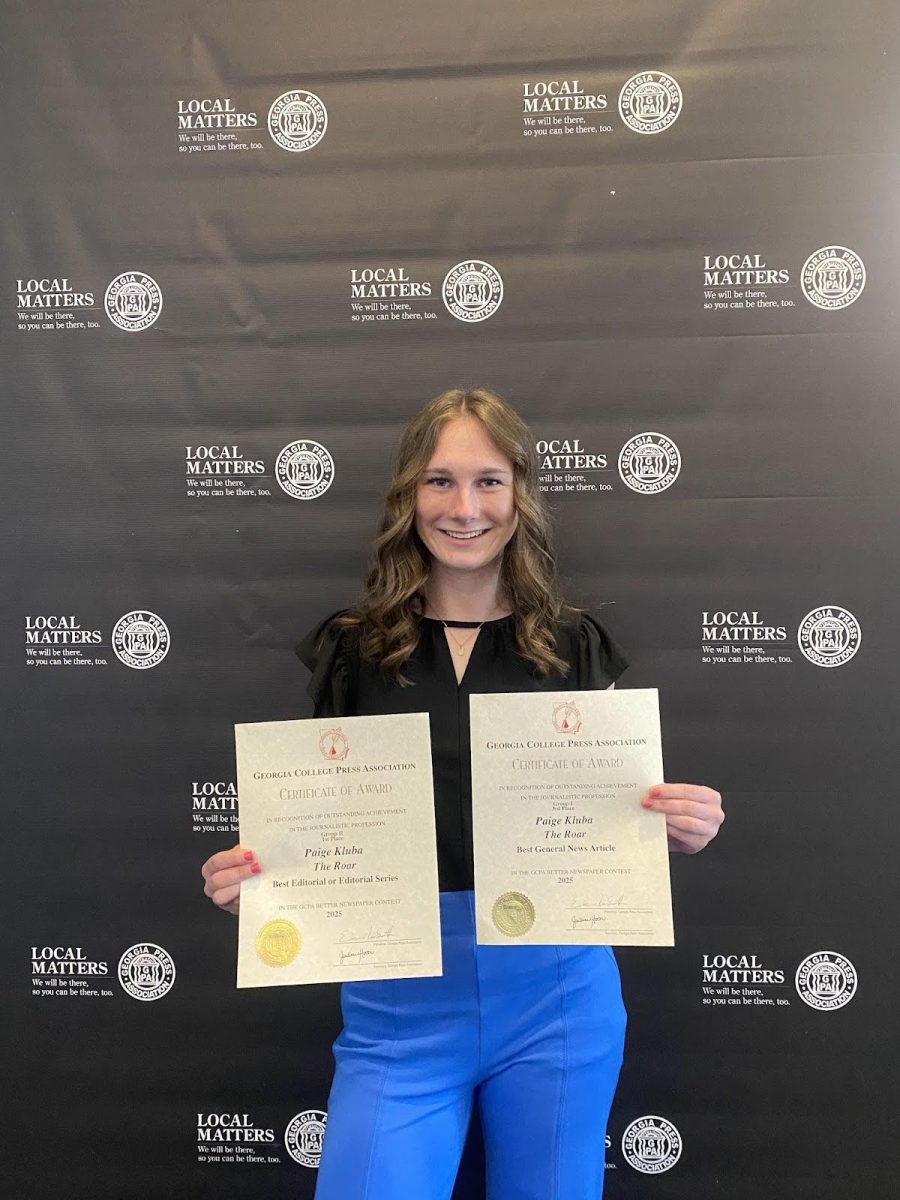By MANYI ENO
News Editor, Interim EIC
Student loan debt is a problem that has been talked about time and time again, year after year and talk of it never seems to die down.
While college students year after year struggle with loan debt, the American government recognizes these struggles by implementing and making available numerous scholarships and financial aid programs for students to apply for available.
In March of 2010, President Barack Obama signed “legislation to expand college access for millions of young Americans by revamping the federal student loan program,” according to an article published in The New York Times. The article went on to explain that the new law will increase Pell grants along with inflation in the next few years and “provide 820,000 more grants by 2020.”
In addition to the White House’s many advances to make college more affordable for students, on March 10, 2015, Obama travelled to Atlanta to sign a Student Aid Bill for Borrowers to make it easier for American college students to find ways to pay back their loans after graduating college.
Obama gave a speech at Georgia Technical Institute saying that college should be made more affordable for college students.
“The Student Aid Bill of Rights says that every student deserves access to a quality affordable education. Every student should be able to access the resources to pay for college. Every borrower has the right to an affordable payment plan. Every borrower has the right to quality customer service, reliable information and fair treatment even if they struggled to repay their loans,” Obama said.
In an article published in USANews, the new addition to the financial aid world will only help college students who have taken out federal student loans and are new borrowers. “Starting in 2015, borrowers who took out loans before October 2007 or stopped borrowing by October 2011 will now be eligible,” the article read.
Associate Director of Financial Aid Jody Anderson, who has been at Piedmont for the past six years says that the new law has pros and cons, but that it is a step in the right direction.
“A pro is that administration is showing a concern about student loan debt and about students experience in the repayment of that debt. We need focus on student loans,” said Anderson.
Anderson explained that the bill is not an actual bill or law that is being passed but a guide of principles that President Obama signed.
“I don’t see many drawbacks with it except that it is broad, but it should be because they’re guiding principles. I’ve read a lot of opinions about it and many of them say that it doesn’t go far enough, but it’s not meant to,” he said.
Although the bill was signed earlier this month, it will not go into effect until December, and Anderson said that not many changes could happen to financial aid offices, especially Piedmont.
He explained that the administration is looking at the average debt of students, graduation rates and costs at colleges and universities around America that receive federal aid and implementing those ratings into this new bill to see what students need in higher education.
“Some colleges may find that pretty challenging as they fall further down [in ratings], but Piedmont has been strong because we do well in all of those things. We’re good on our default rates, on our loan borrowing, our graduation rates and costs nationally,” said Anderson.
When asked what advice he has for students who may not fully understand loans, Anderson said that there are numerous resources for students to educate themselves on.
“Pay attention to the interest counseling that’s required when you [apply] for loans. I think this [bill] initiative will help with this a little bit because one of the things they are proposing is a centralized place to find out about your student loans,” said Anderson.
“My advice to students is be responsible for what you’re borrowing. If you need help, come talk to the people in your financial aid office. There are counselors here available for you,” said Anderson. “If you have an opportunity to take finance classes or attend seminars, those are great ways to find out how to manage debt. Take advantage of those opportunities.”














